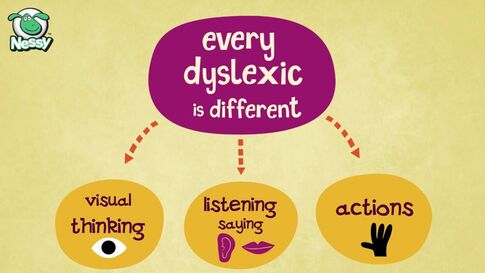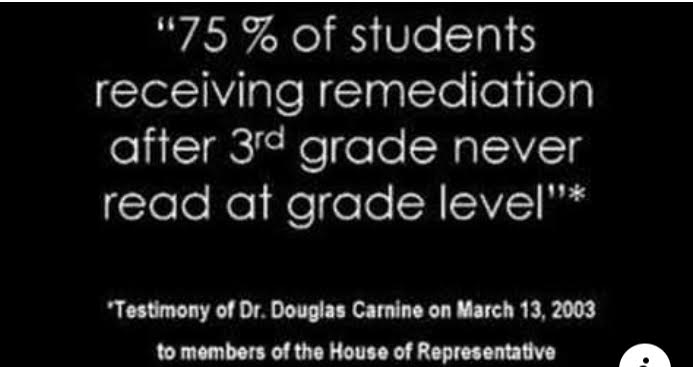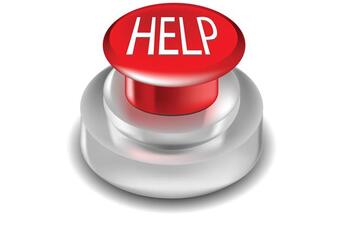Online Resources
Text to Speech free app
www.voicedream.com/
www.voicedream.com/
False hope...don't fall for fake cures
Observable signs of dyslexia/reading difficulties
Parent overview with multiple resources
Working Memory Building: Games using household items
17 tools for helping people who are dyslexic
Observable signs of dyslexia/reading difficulties
Parent overview with multiple resources
Working Memory Building: Games using household items
17 tools for helping people who are dyslexic
Please email me if any links above are not working. Thank you.
One last thing before you go... |
|
NEURODIVERSITY: Every person, whether dyslexic or not, is different and unique. But because dyslexia stems from a common phonological difference we can find children with similar characteristics and catch their reading issues early. It is a spectrum disorder from mild to severe. There are screenings that are being done prior to Kindergarten, and we know how to predict dyslexia by age 4 with 90% accuracy. Please don't wait to get help if you think your child is not performing as well as they should be in school. Most of the time it is not "developmental" since reading is not a naturally developing skill, nor will they "catch up" later as they mature. *Research shows early intervention is key and without it they actually fall further behind. That is just not fair! |
*RESEARCH
www.ncbi.nlm.nih.gov/pmc/articles/PMC4538781/
Summary here from above article...
"As knowledge of dyslexia and related difficulties has increased, not only in readers of English but also other languages (Caravolas, 2005), there remains a pressing need for theory to influence practice. This paper has attempted to demonstrate how an understanding of dyslexia can be used to ensure that children in our school systems who are at risk of dyslexia can be identified early before a sense of failure sets in. The emphasis has been on dyslexia as a dimensional disorder rather than a discrete diagnostic category. Finally, evidence showing that children with dyslexic difficulties can be helped by specific interventions underlines the need for timely action rather than waiting for diagnosis."
www.ncbi.nlm.nih.gov/pmc/articles/PMC4538781/
Summary here from above article...
"As knowledge of dyslexia and related difficulties has increased, not only in readers of English but also other languages (Caravolas, 2005), there remains a pressing need for theory to influence practice. This paper has attempted to demonstrate how an understanding of dyslexia can be used to ensure that children in our school systems who are at risk of dyslexia can be identified early before a sense of failure sets in. The emphasis has been on dyslexia as a dimensional disorder rather than a discrete diagnostic category. Finally, evidence showing that children with dyslexic difficulties can be helped by specific interventions underlines the need for timely action rather than waiting for diagnosis."
|
Please reach out, don't navigate this journey alone. I can help. Here's what some others have to say about getting help for their child... You have been a blessing to our family and words can’t express how grateful we are. Without your help my baby wouldn’t be where he’s at today. We thank you for you all your time and help. Thank you for your help with him so far we have truly seen him make major improvements and often catch him sounding many things out at stores etc. Thank you for the work you do! We appreciate the support you provide. I can't imagine what things would be like without your help! |
Thank you so much for everything you did! Thank you for all you do. The girls do so much with you and have been doing great. They love coming to see you. We brag about you all the time. I can truly see such improvement since coming to see you. We are so proud of our little girl. She's had amazing progress. We will be forever grateful! |



